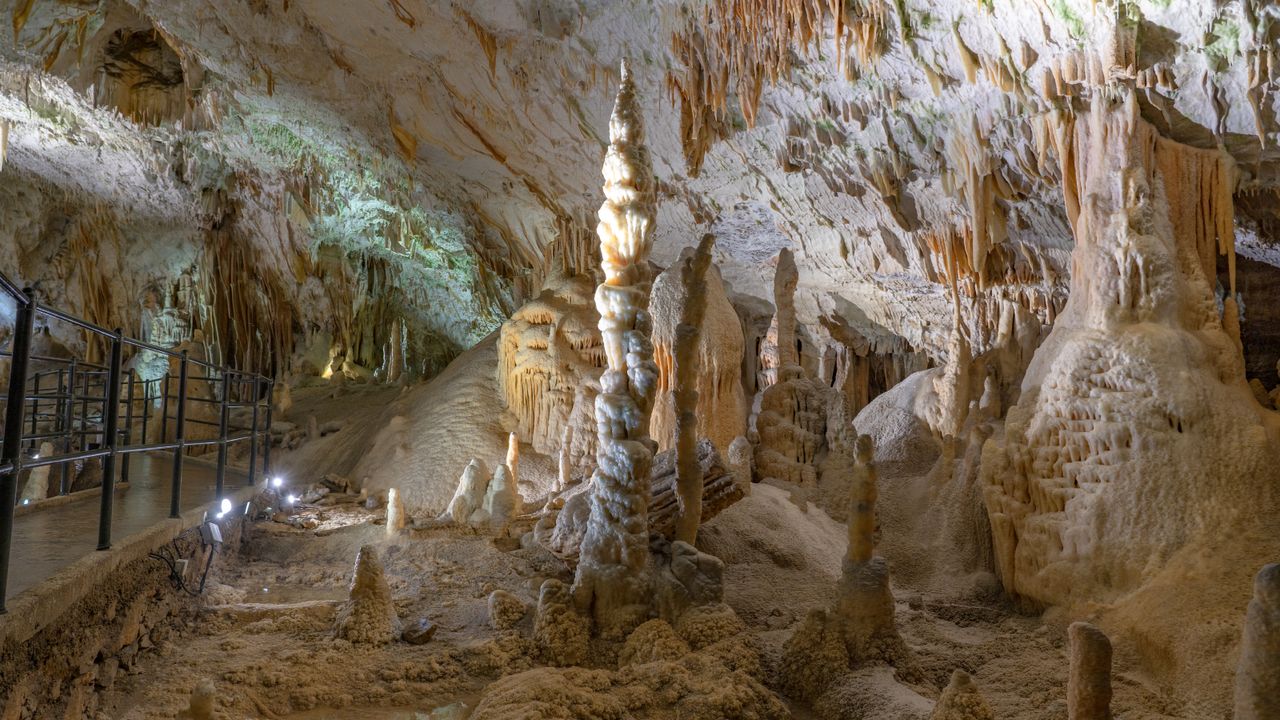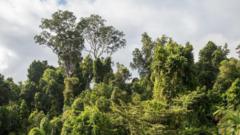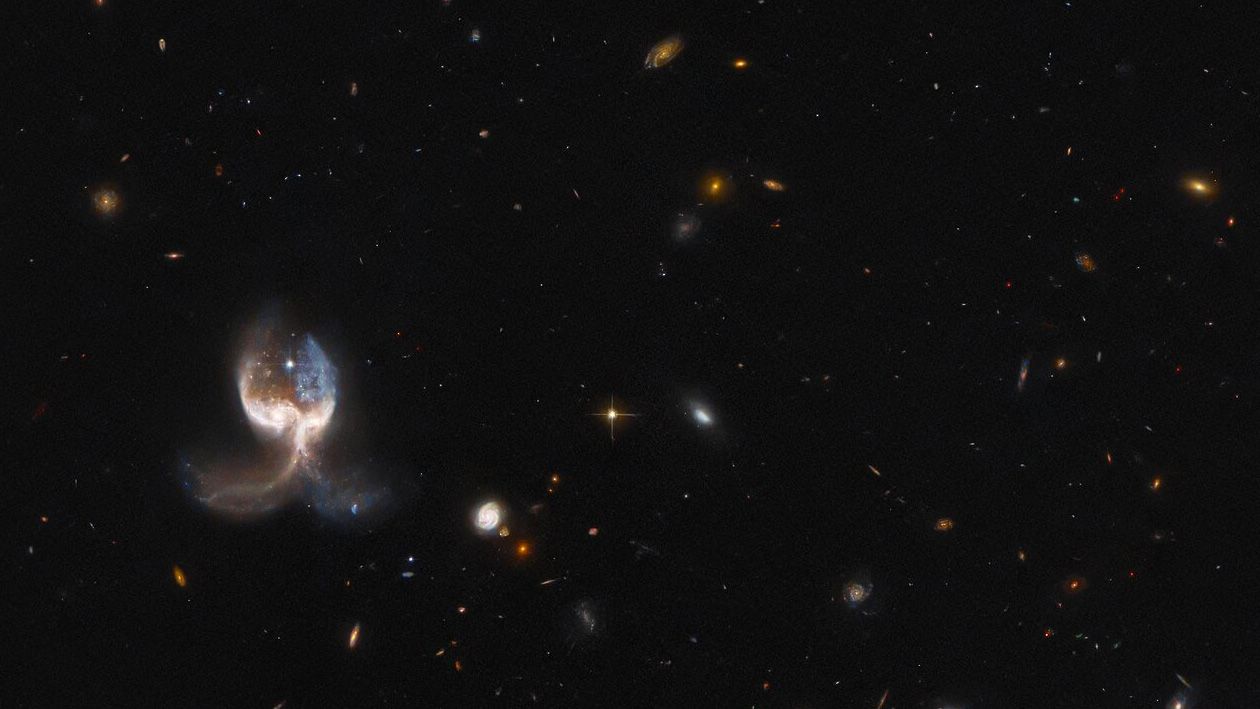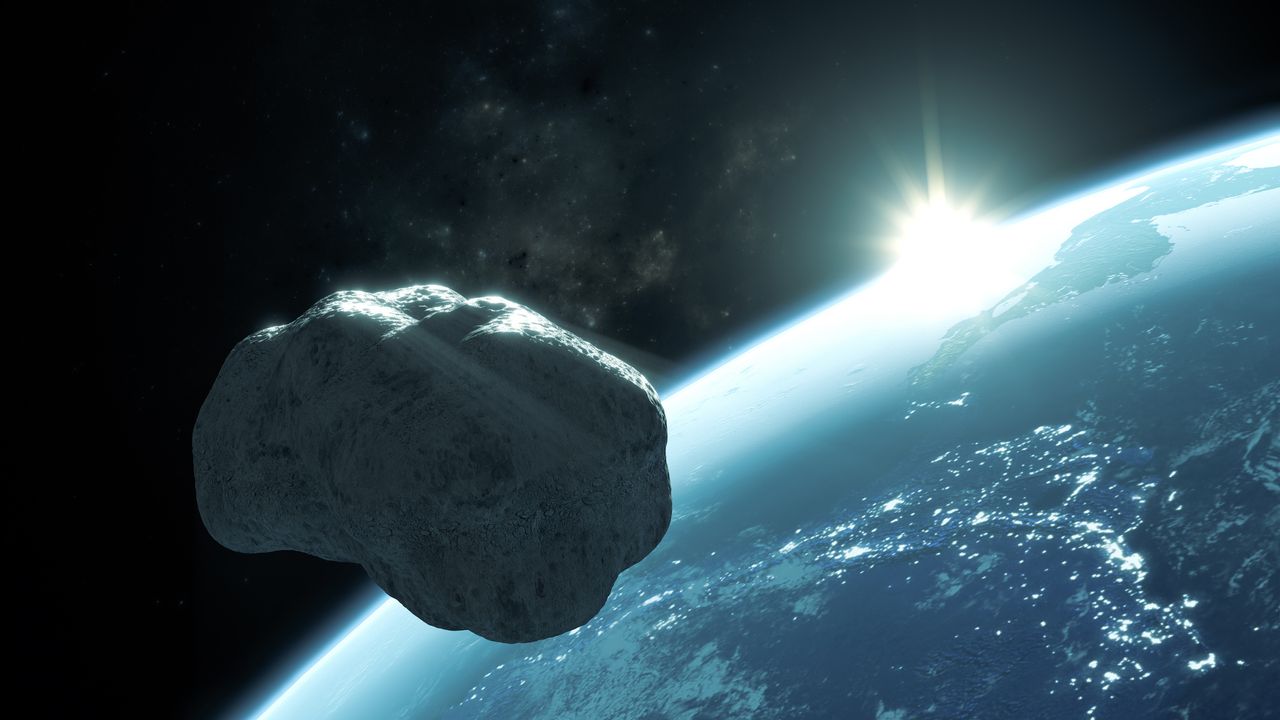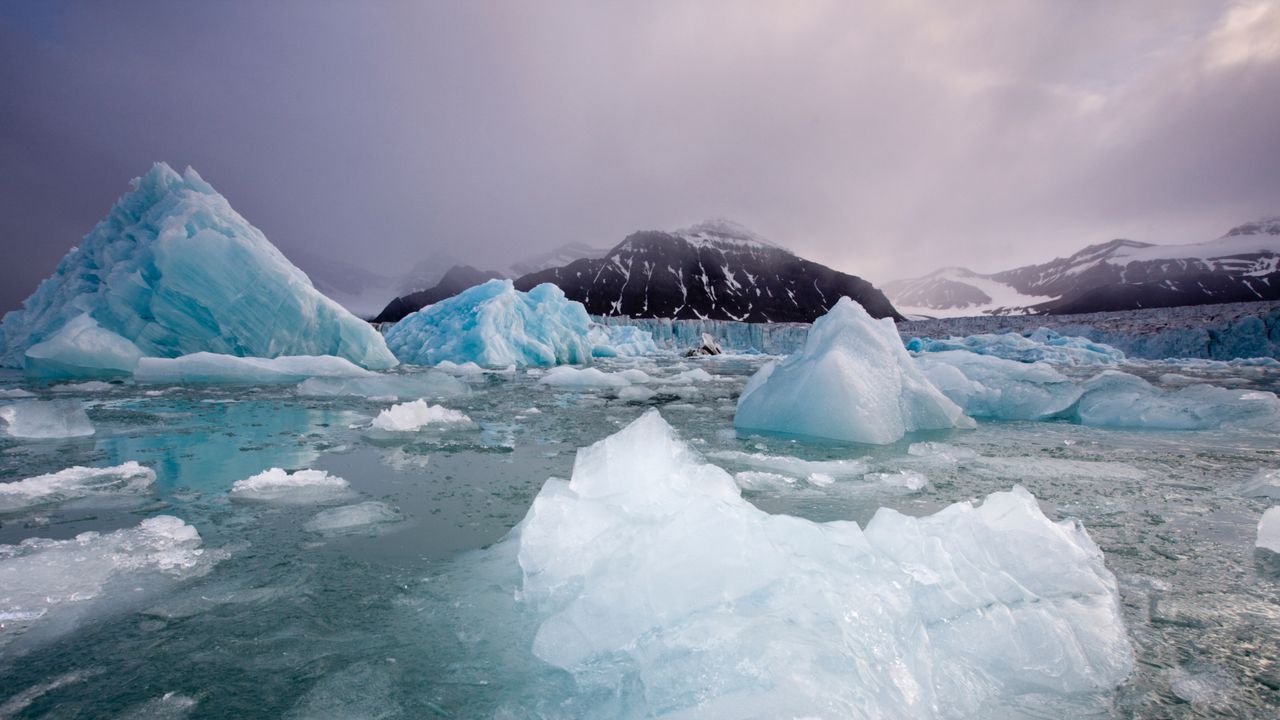For the 1st time, scientists discovered 'heavy water' in a disk forming exoplanets
PositiveScience
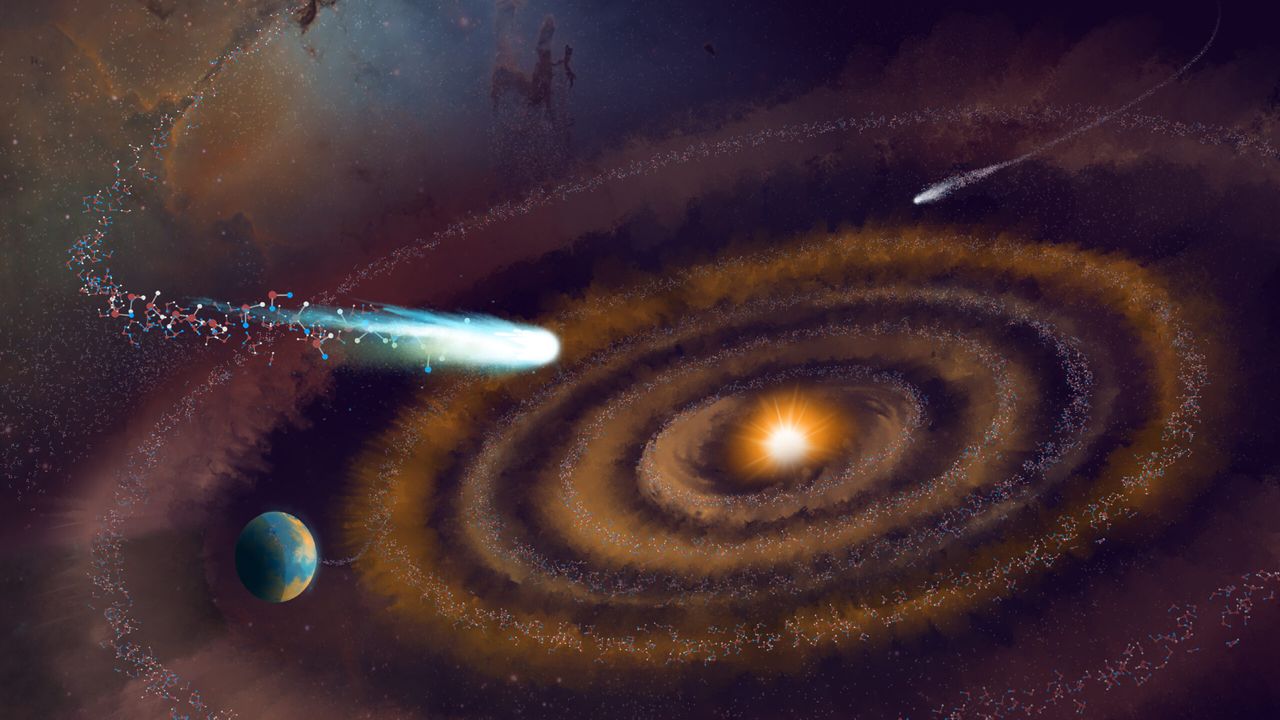
In a groundbreaking discovery, scientists have found 'heavy water' in the disk surrounding the young star V883 Orionis, located in the Orion Nebula. This finding is significant because it could provide insights into the formation of exoplanets and the potential for life beyond our solar system. Understanding the presence of heavy water helps researchers piece together the conditions that lead to planet formation and the development of habitable environments.
— Curated by the World Pulse Now AI Editorial System

/https://tf-cmsv2-smithsonianmag-media.s3.amazonaws.com/filer_public/97/6a/976a8d28-5dfb-4bcb-8cda-5a94766a1a34/gettyimages-2204657578.jpg)

/https://tf-cmsv2-smithsonianmag-media.s3.amazonaws.com/filer_public/73/67/7367517f-6c92-4305-bd05-5ef58f0c278e/stenomylus_skeleton.jpg)
